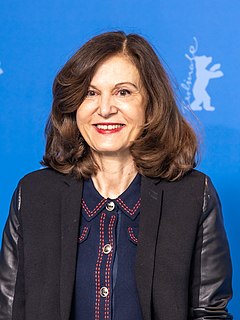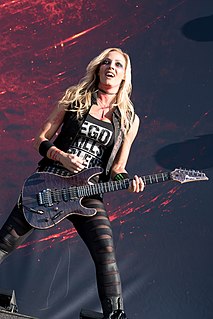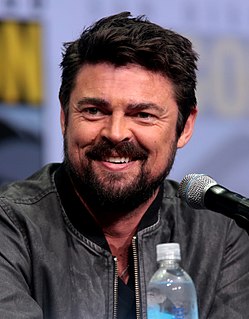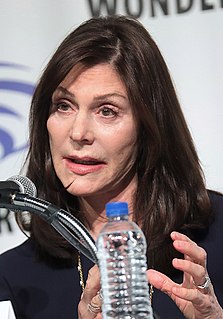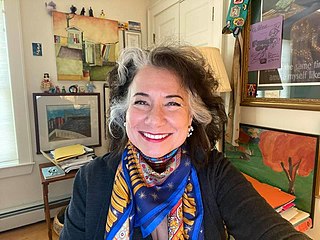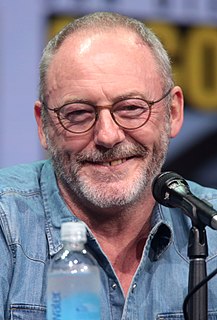A Quote by Dave Barry
I can't recall a story that played out exactly as I'd expected it to. That's one of the thrills of journalism - being surprised, and learning new stuff, but it also poses the biggest challenge to a writer's character.
Related Quotes
On a more technical level, a story takes a lot of words. And to generate words and phrases and images and so on, that will compel the reader to continue reading - that stand a chance of really grabbing a reader - the writer has to work out of a place of, let's say, familiarity and affection. The matrix of the story has to be made out of stuff the writer really knows about and likes. The writer can't be stretching and (purely) inventing all the time. Well, I can't, anyway.
This is the story, this is your character, I have the sense of the landscape, I have the sense of the scene, I have all that stuff. But I'm also looking for something else to happen, an accident or something. You're focused on the story you intend to tell and then you have to have a peripheral net out to catch these accidents.


